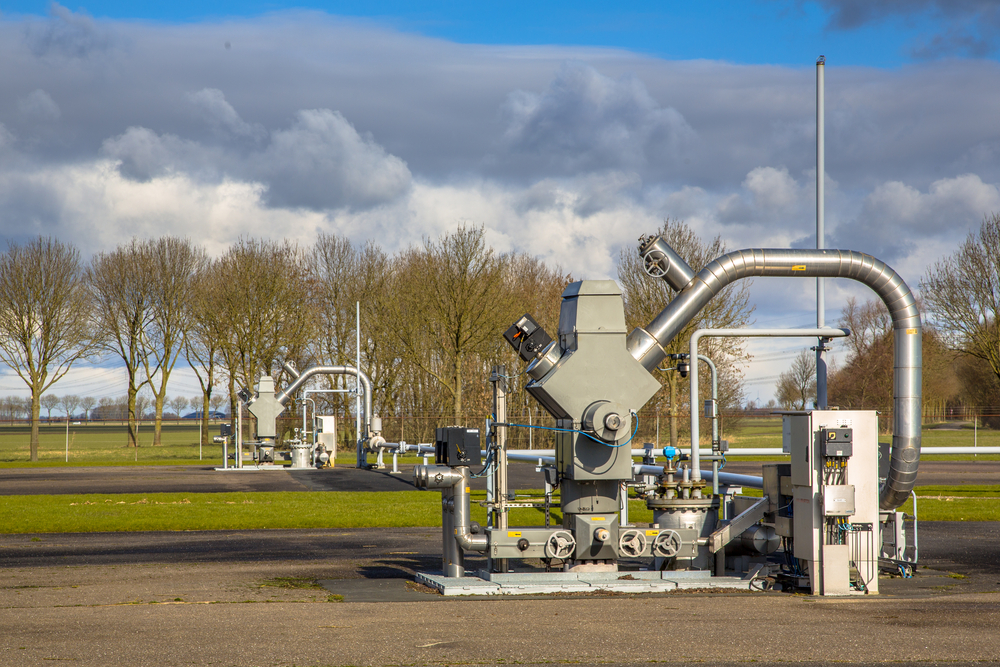Closure of Groningen gas fields hit Dutch productivity hard: CBS

Productivity in the Netherlands has slowed faster than in most industrialised countries in the last 10 years, partly as a result of the end of gas production in Groningen.
The Netherlands has dropped from fifth place to 10th in the OECD’s global productivity rankings, which measures countries by GDP per hour worked, though the decline has levelled off since 2020.
Statistics agency CBS said the main factor holding back the Dutch labour market was the effect of transferring work from more productive sectors to less productive ones, which cut growth by an average of 0.5% a year.
The decline of the minerals sector reduced overall productivity by 0.3% between 2013 and 2019, while in other countries such as the United States and the UK minerals had a positive impact.
“This was a unique effect of Dutch political decisions because of the risk of earthquakes [in the Groningen gas region],” the CBS commented.
Gas production in the large Groningen gas field ceased last October after 60 years after the government concluded that the cost of damage to buildings and residents’ health from the frequent earthquakes was too high.
The CBS said autonomous growth, which is the increase of productivity within existing sectors, was broadly in line with countries such as France and Germany at 1% a year.
Autonomous growth was 2.5% in the early years of the 21st century, but productivity had slowed in key sectors sectors such as industry, transport and storage.
Since 2020 productivity has grown by 0.9% a year, ahead of most EU nations but behind the US and the UK, the statistics agency added.
Thank you for donating to DutchNews.nl.
We could not provide the Dutch News service, and keep it free of charge, without the generous support of our readers. Your donations allow us to report on issues you tell us matter, and provide you with a summary of the most important Dutch news each day.
Make a donation